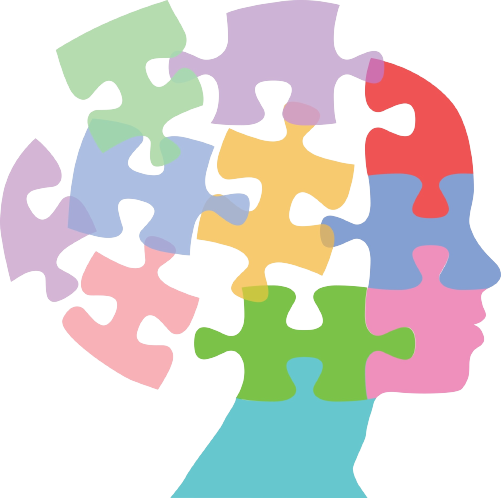Living with diabetes is not just about managing blood sugar levels and following dietary guidelines. It’s also about navigating the complex interplay between physical health and mental well-being. The relationship between diabetes and mental health is bidirectional, with each influencing the other in profound ways. Understanding this relationship is crucial for providing comprehensive care and support for individuals living with diabetes. Let’s explore the intricate connections between diabetes and mental health, as well as discuss some types of mental health therapies and resources that can be beneficial for managing both conditions.
- Diabetes and Depression: Depression is more common among individuals with diabetes compared to the general population. The constant management of diabetes, along with the stress and worry it can entail, can take a toll on mental health. Additionally, fluctuations in blood sugar levels can affect mood and energy levels, contributing to feelings of sadness and despair. Addressing depression is essential for overall well-being and diabetes management.
- Anxiety and Diabetes: Anxiety disorders, such as generalized anxiety disorder and social anxiety disorder, are also prevalent among individuals with diabetes. The fear of hypoglycemia (low blood sugar), concerns about long-term complications, and the day-to-day challenges of managing diabetes can all contribute to anxiety symptoms. Learning coping strategies and relaxation techniques can help individuals better manage anxiety and stress associated with diabetes.
- Diabetes Distress: Diabetes distress refers to the emotional and psychological burden of living with diabetes. It encompasses feelings of frustration, guilt, and burnout related to the demands of diabetes management. Diabetes distress is distinct from clinical depression or anxiety but can still significantly impact quality of life and adherence to treatment plans. Seeking support from healthcare providers, support groups, or mental health professionals can be beneficial for addressing diabetes distress.
- Cognitive Behavioral Therapy (CBT): CBT is a type of psychotherapy that focuses on identifying and changing negative thought patterns and behaviors. It has been shown to be effective in treating depression and anxiety, as well as in helping individuals with diabetes cope with the emotional challenges of the condition. By learning to recognize and challenge unhelpful thoughts and develop healthier coping strategies, individuals can improve their mental well-being and diabetes management.
- Mindfulness-Based Stress Reduction (MBSR): MBSR is a mindfulness-based intervention that teaches individuals to cultivate present-moment awareness and nonjudgmental acceptance of their thoughts and feelings. Research has shown that MBSR can reduce stress, anxiety, and depressive symptoms, as well as improve quality of life in individuals with chronic health conditions, including diabetes. Practicing mindfulness techniques can help individuals with diabetes better cope with the stressors associated with the condition and improve overall psychological well-being.
- Support Groups and Peer Support: Connecting with others who understand the challenges of living with diabetes can provide valuable emotional support and validation. Support groups, whether in-person or online, offer a space for individuals to share their experiences, exchange practical tips, and receive encouragement from others facing similar struggles. Open Minds Psychological website offers resources and information on support groups, as well as individual counseling services tailored to the unique needs of individuals with diabetes and mental health concerns.
The relationship between diabetes and mental health is complex and multifaceted. By recognizing the interconnectedness of these two conditions and addressing mental health concerns alongside diabetes management, individuals can improve their overall quality of life and well-being. Through the use of evidence-based therapies like CBT and MBSR, as well as accessing resources and support from organizations like Open Minds Psychological, individuals can navigate the challenges of living with diabetes with greater resilience and empowerment. Remember, you are not alone, and help is available.
